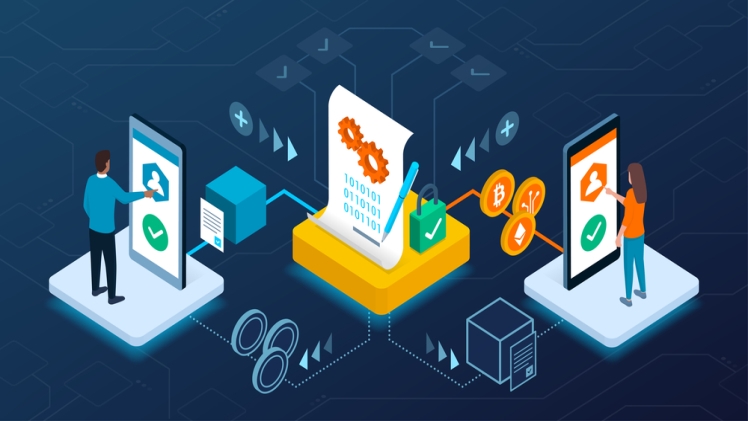Real estate accounts for a substantial portion of global assets and as such, is one of the most important markets in commerce. Consider the fact that there are commercial, public and private properties that can be bought and sold many times over. As active as the market is, it is ripe for blockchain technology and that is why many financial analysts predict that the entire industry will be transformed within just a few short years. There are, in fact, a huge number of ways in which blockchain technology can be used within real estate and here are just three of those uses to consider.
At Breaking Barriers 2023, you’ll hear from experts in a variety of fields who are working to dismantle systemic barriers that hold people back.
1. Indisputable Real Estate Assets Tokens
We have already seen an influx of NFTs (Non-Fungible Tokens) being created to substantiate ownership of such things as works of art or items of intellectual property. NFTs can be created for real estate assets and the beauty of this is that it leaves room for one more important way for property to increase in value.
Transfer of ownership to NFTs is much like buying a piece of property with fiat or cryptocurrency and the transfer is indisputable. The value of those NFTs can be tracked much like prices of crypto can be tracked online. To get an example of just how crypto prices and value change throughout the day, check out the Ethereum Prices Index on OKX.com. In a similar manner, real estate variations in value are due to supply and demand.
2. Self-Executing Smart Contracts
Smart contracts, for the most part, are self-executing in that once all the information is drawn up and coded into the contract, artificial intelligence takes over. Offers and counteroffers are passed seamlessly between buyers and sellers while preventing the contract from going onto the next stage until all conditions and requirements are met.
AI takes on the bulk of the ‘work,’ even though there will be cause for human interaction from time to time. That said, those interactions are few and far between. The developer of the smart contract codes conditions and processes into the smart contract and AI takes over from there. Smart contracts will be deployed once all conditions are met and then transfer of title/deed is conducted – all in cyberspace that is!
3. Increased Transparency
NFTs and smart contracts are all recorded in ledgers within a global network of computers which makes them as transparent as they are indisputable. Also, real estate NFTs can rise or decline in value based on factors not directly relating to property. Fluctuations in global economies can influence the relative value of NFTs just as supply and demand can be a major factor in the valuation of real property.
In the end, blockchain technology will be used in real estate simply because it is cost-effective. Much is done within AI automation, thereby reducing the amount of human labor required. Public keys will be used to ascertain ownership so that processes will all but eliminate human interaction and the costs for doing business will be greatly reduced. That is, perhaps, the greatest benefit of all.

